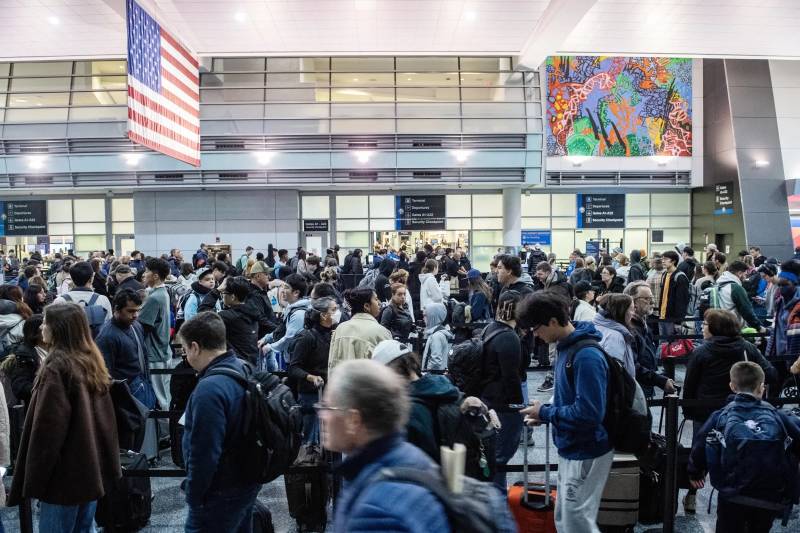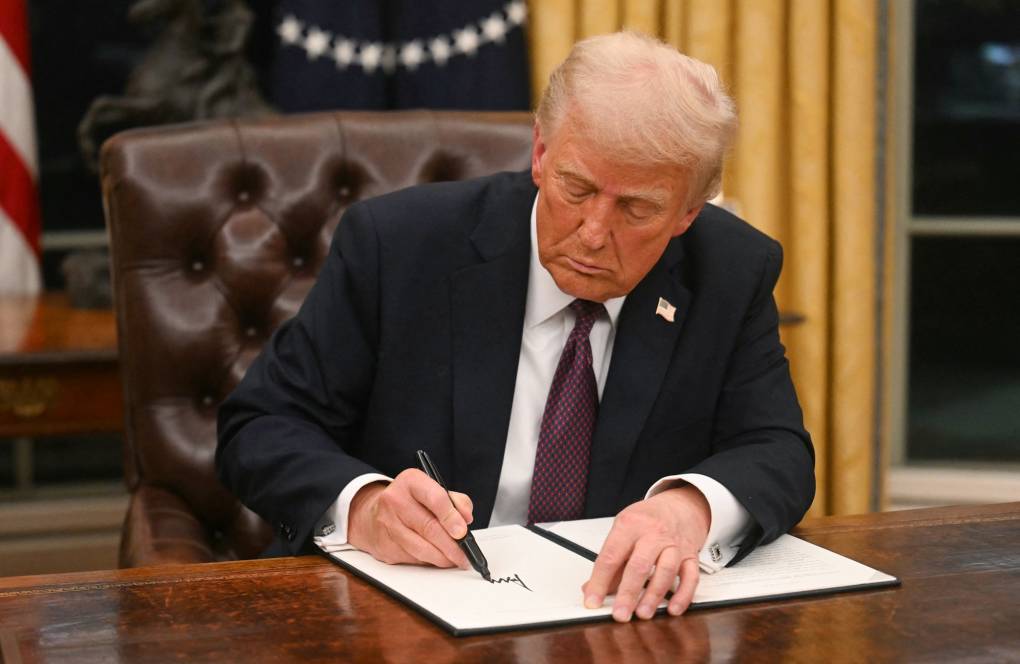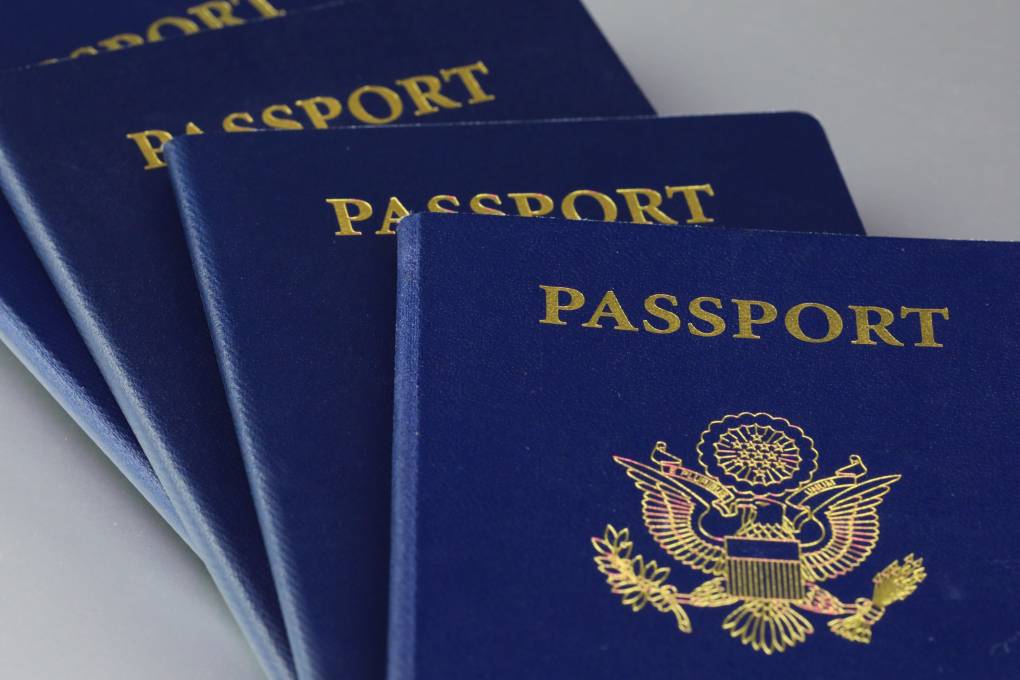Yale-Loehr added that typically, visa holders who are denied entry are simply put on the next plane back to their home country. But some people have recently been taken into custody and detained for days and weeks on end. “ It’s a seemingly a growing problem,” he said.
For green-card holders, factors like a long trip abroad can raise suspicion at the airport. Lately, some immigration attorneys have also been warning that green-card holders with a criminal record, no matter how minor, should avoid leaving the country.
In a recent case earlier this month, 34-year-old electrical engineer Fabian Schmidt, a green-card holder originally from Germany, was taken to immigration detention from Logan International Airport in Boston over a decade-old misdemeanor charge for marijuana possession.
Gee from IRAP said the best practice is for green-card and visa holders to consult an immigration attorney and get tailored advice on their personal situation.
“Even if this is not something you would’ve considered doing and you’ve traveled routinely before,” she said. “Just because its clear that immigration enforcement at airports is picking up in a way that it has not in the past.”
Know that customs officers are allowed to search your electronic devices
CBP officers can ask travelers to unlock their cell phones, give laptop passwords or hand over digital cameras. U.S. citizens and green-card holders can’t be turned away simply because they refuse, but visa holders can, according to Yale-Loehr.
He said during an electronic search, CBP officers often look for material that would suggest non-citizens are ineligible to enter the U.S. That includes criminal convictions, domestic violence and support of terrorism.
“There’s wide discretion at the border in terms of who to admit to the United States, even if you have a valid visa,” Yale-Loehr said.
If a traveler’s electronic device gets confiscated, the American Civil Liberties Union suggests asking for the officers’ names, badge numbers and which agency they work for. It also advises that travelers should call the agency to request a receipt documenting that a personal item was taken away.
Alert a trusted friend if things go awry
According to the ACLU, travelers who are asked to undergo further inspection at the airport are not entitled to an attorney.
Yale-Loehr said it’s still useful to have an immigration attorney’s contact information on hand. He also suggests travelers to have a friend who can be quickly reached if there’s trouble entering the U.S.
“So if it looks like you’re going to be questioned by the border people, you can text a friend saying, ‘I’m being pulled into secondary inspection, contact my immigration lawyer,’ ” he said.
Gee from IRAP added that travelers can also ask for an interpreter if they need language assistance during inspections.
“That’s really important actually because the questions you’re being asked and your answers to them are really going to determine — a lot of times — the outcome of that situation,” she said. “So you should not be shy about saying, ‘I don’t understand. I need an interpreter.’ If that’s your situation.”
Even if authorities do not provide an interpreter, Gee said it’s helpful to have the request on the record.
“There’s generally going to be a transcript of the questions and answers in these types of interviews and inspections, and that is the kind of official record of what actually happens during this time,” she said.
NPR’s Joel Rose contributed to this story.



